September 28, 2014
1 Comment
A brand new poem. For book three? Why not dream?
In Case We Never Meet
You ought to know
I was kind to children and small animals
and never awoke one day
without underlying sadness.
That I overtipped waitresses,
at breakfast especially,
hated small talk and early mornings
and had the most annoying compulsion
to read the last page of a book
first.
Loved a great many people,
but not all at once
or together at parties.
That I miss
smoking, every single day,
even 25 years on.
And my lovely father,
always.
You ought to know
I am scared of the dark
yet fiercely drawn to it.
And at my happiest in the ocean
or on it,
That I once valued intelligence in people
over just about everything.
But you should also know
I got smarter
and that changed:
Now it’s kindness.
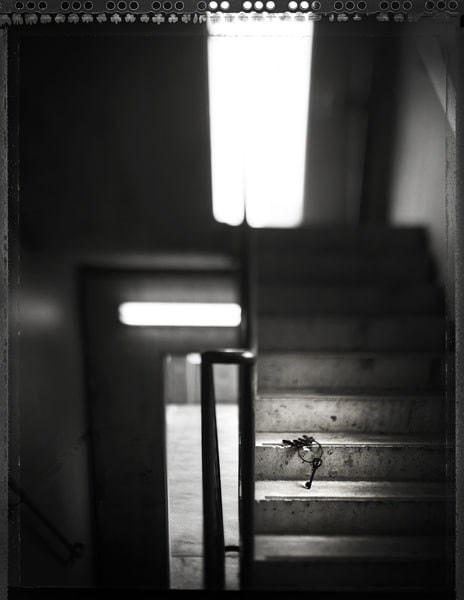

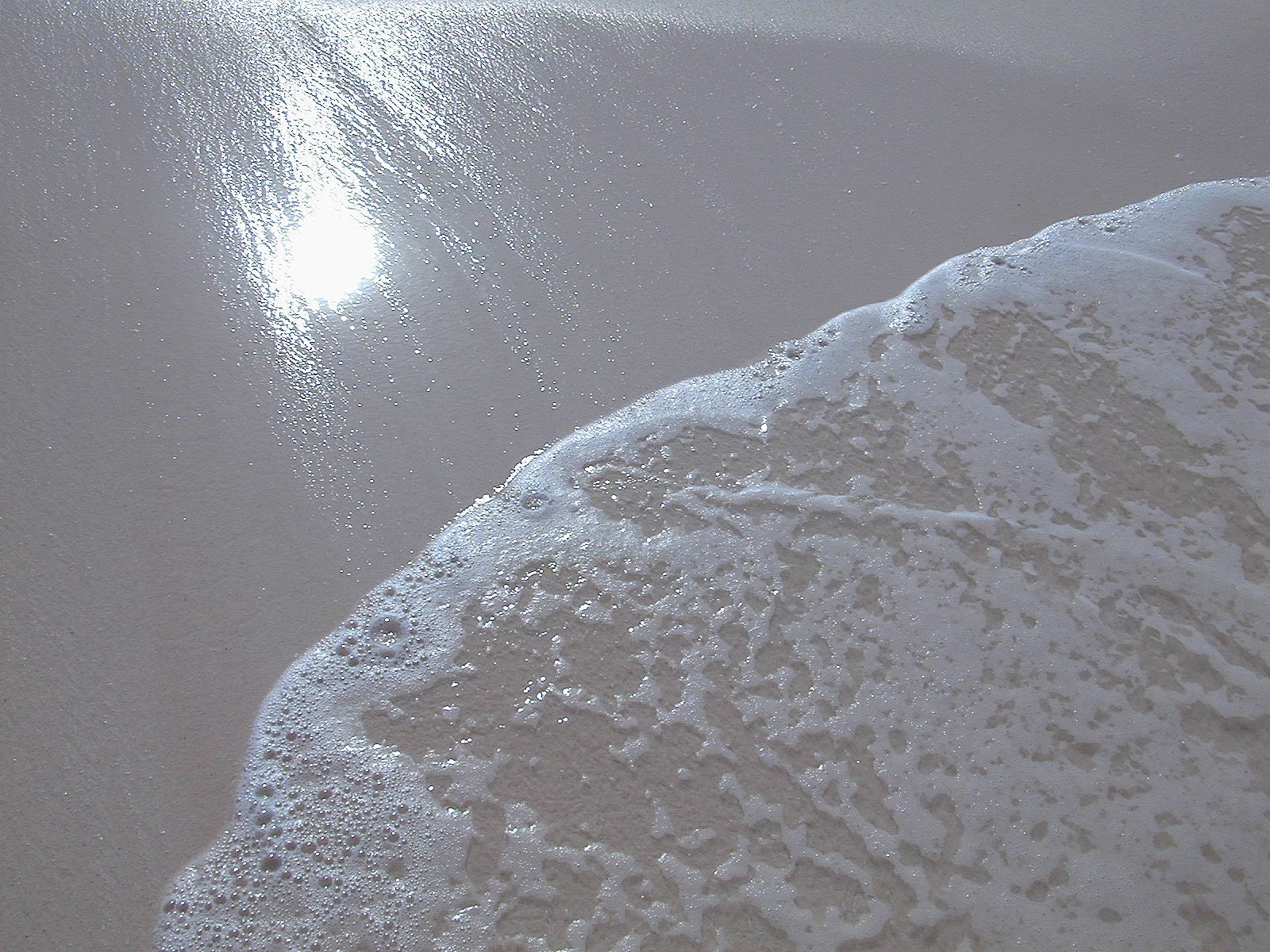

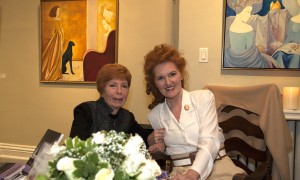

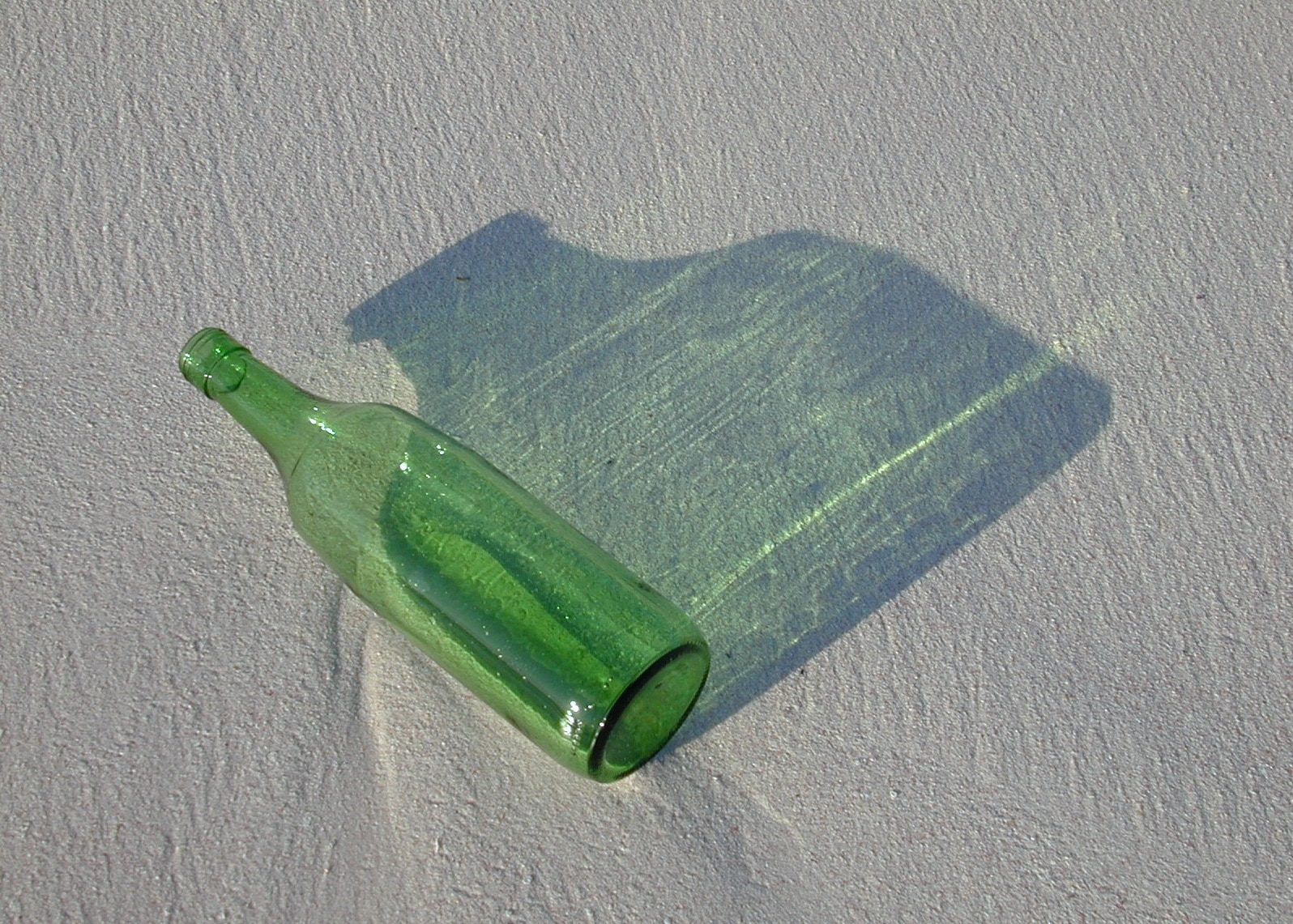

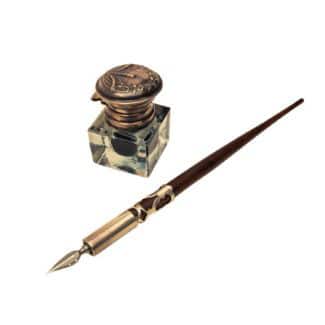
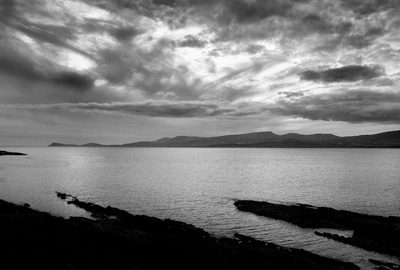


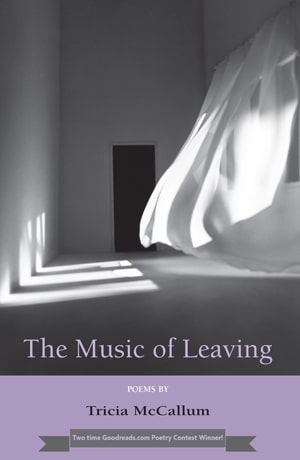






Thanks for sharing